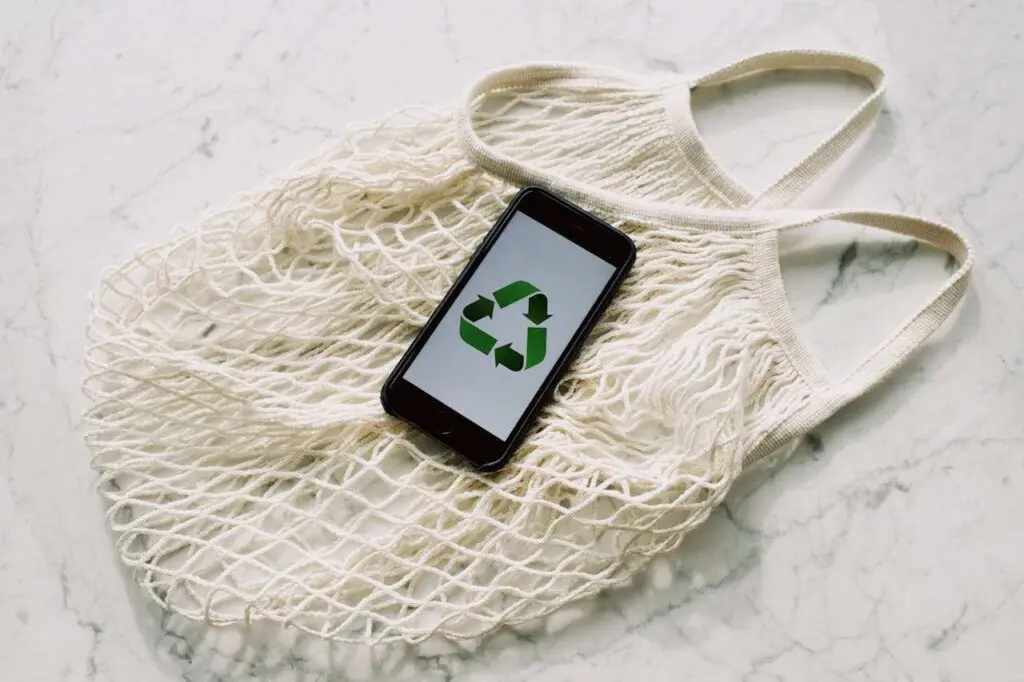Article by: Mike York, COO
We’re living in the era of the conscious consumer. Shoppers now talk the talk of all things sustainability—eco-friendly packaging, carbon-neutral shipping, and circular economies—but when it comes time to swipe their card, their choices often tell a different story. This gap between intent and action is one of the biggest blind spots in modern market research.
The Rise of Climate-Conscious Choices
Over the past decade, sustainability has shifted from a niche to a mainstream must-have. Reports indicate a growing number of consumers declaring a desire for eco-friendly products and are even willing to pay a premium. Sustainability is no longer just a “nice-to-have”; it’s a brand expectation.
But here’s the kicker: while 70%+ of consumers may say they’ll choose the sustainable option, only a fraction actually follow through. Why?
The Sustainability Gap
The gulf between what people say and what they do comes down to friction points:
- Price Sensitivity: Eco-friendly often comes at a higher cost.
- Convenience: If the sustainable option isn’t easy to find or use, consumers default to habit.
- Skepticism: Greenwashing has eroded trust. Shoppers don’t want to feel duped by hollow promises and deceptive marketing tactics.
This “say-do” gap makes it extremely risky for brands to rely on surveys alone. Declared intent won’t always predict real sales.
Why It Matters for Brands
For companies, the implications are seismic. Investing in sustainable initiatives without measuring their actual behavioral impact is like playing darts in the dark. Brands need to know not just what consumers aspire to, but what they’ll realistically choose.
- Authenticity Wins: Consumers sniff out token efforts. Brands that align sustainability with their core values and storytelling build trust.
- Data Beats Assumptions: Observational research, pilot programs, and A/B testing reveal the actual purchase behaviors behind the eco-conscious rhetoric.
- ROI on Green: Measuring whether green investments shift share, increase loyalty, or boost price tolerance is critical to proving value.
The Last Word
Market research needs to evolve. Surveys still matter, but when you pair them with behavioral data, digital ethnography, and experimentation, they tell the full story.
The new challenge isn’t figuring out if consumers care about sustainability. It’s understanding when and why they act on it. Cracking that code will separate the brands that simply market “green” from the ones that make sustainability a competitive edge.
The world doesn’t just need greener products; it needs smarter insights. The brands that bridge the intent-action gap will own the future of conscious consumption.
***
SMARI is an award-winning Indiana-based market research consultancy that was founded in 1983 with the idea of guiding change and inspiring confidence. We are proud to work with SMEs as well as a variety of Fortune 500 brands. We are powered by our core values: integrity, community, perseverance, trust, passion, curiosity, and innovation. SMARI’s expertise includes full project scopes, including instrument design, sampling & fielding services, reporting & analysis in Healthcare, CPG, Retail, Food & Beverage, Manufacturing, Financial Services industries, and beyond. Much has changed in our 40+ years, but our tagline and overarching mission remain the same—to guide change and inspire confidence. Start a conversation with us at www.SMARI.com.



